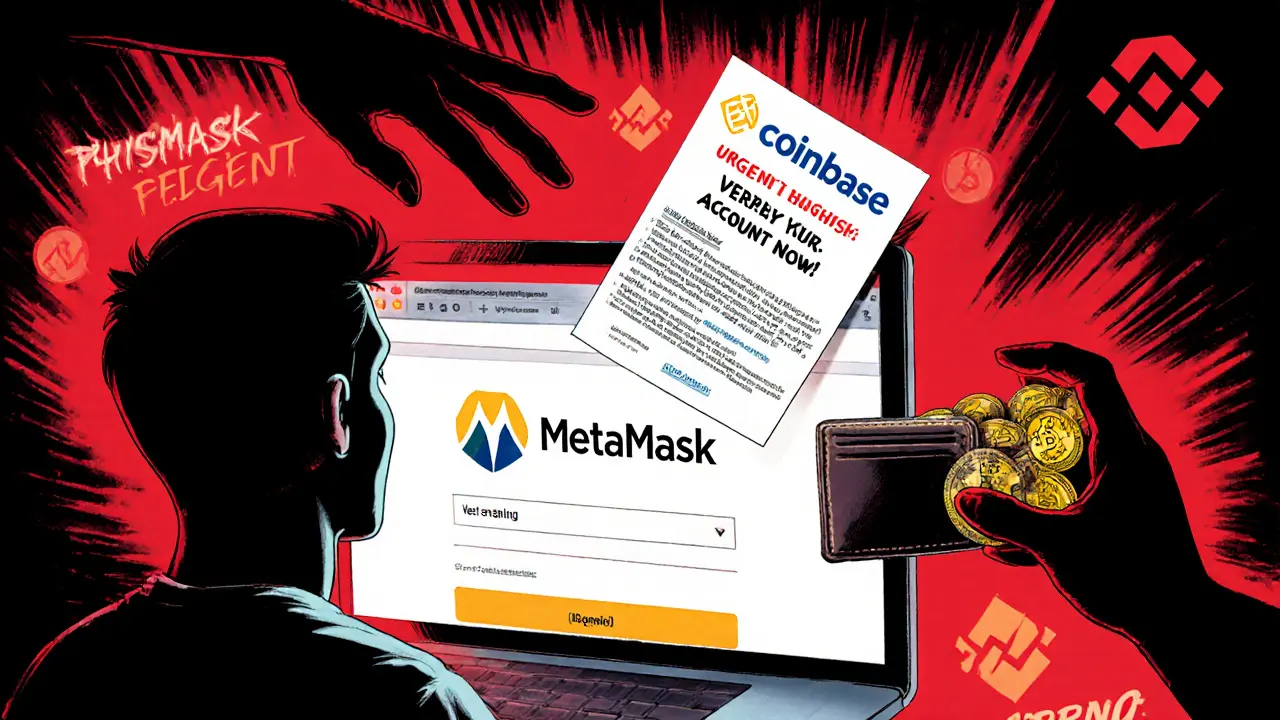Crypto Wallet Security: Protect Your Assets from Hacks and Scams
When you hold cryptocurrency, crypto wallet security, the practice of safeguarding your digital assets from theft, loss, or unauthorized access. Also known as digital asset protection, it’s not optional—it’s the difference between keeping your coins and losing them forever. Most people think their coins are safe just because they’re on a blockchain. But blockchains don’t protect your wallet. You do.
That’s where private key, the secret code that gives you control over your crypto. Also known as seed phrase, it’s the only thing standing between your funds and a thief. If someone gets your private key, they can drain your wallet in seconds—no password reset, no customer support, no recovery. That’s why storing it on your phone, email, or cloud drive is like leaving your house key under the mat. hardware wallet, a physical device designed to store crypto offline and shield private keys from online threats changes that. Devices like Ledger and Trezor keep your keys locked away, even if your computer gets hacked. They’re not perfect, but they’re the closest thing to a digital vault.
But security isn’t just about tools. The biggest threat isn’t hackers—it’s you. phishing scams, fake websites and messages that trick you into giving up your login or seed phrase are everywhere. You’ll get an email that looks like MetaMask, a Discord message pretending to be from CoinMarketCap, or a pop-up saying your wallet is compromised. Click the link, enter your phrase, and boom—gone. No trace, no refund. These scams work because they exploit trust, not technology. And they’re getting smarter.
Cold storage isn’t just for pros. If you own even $500 in crypto, you need it. Hot wallets (like apps on your phone) are convenient for small trades, but they’re always online—always vulnerable. Use them like a wallet in your pocket: for daily spending, not your life savings. Keep the rest offline. Write your seed phrase on paper. Store it in a fireproof box. Don’t take a photo. Don’t back it up in iCloud. Don’t tell anyone. Ever.
And don’t ignore updates. Wallet apps get patched for a reason. Outdated software is an open door. Enable two-factor authentication where you can—even if it’s not perfect, it adds a layer. Use unique passwords. Never reuse passwords from your bank or email. And if a site asks for your private key to "verify your account"? That’s not a verification. That’s a trap.
What you’ll find here aren’t theory-heavy guides or marketing fluff. These are real cases—like the Thodex scam, the Zedxion security flaws, and the KALA airdrop scams—where people lost money because they skipped the basics. You’ll learn how exchanges handle double-spending, why privacy coins are getting delisted, and how to spot a fake airdrop before you click. This isn’t about becoming a crypto expert. It’s about making sure your coins stay yours.
Cryptocurrency phishing scams trick users into giving up private keys or sending crypto to fake sites. Learn how they work, the most common types, and how to protect yourself from losing everything.

